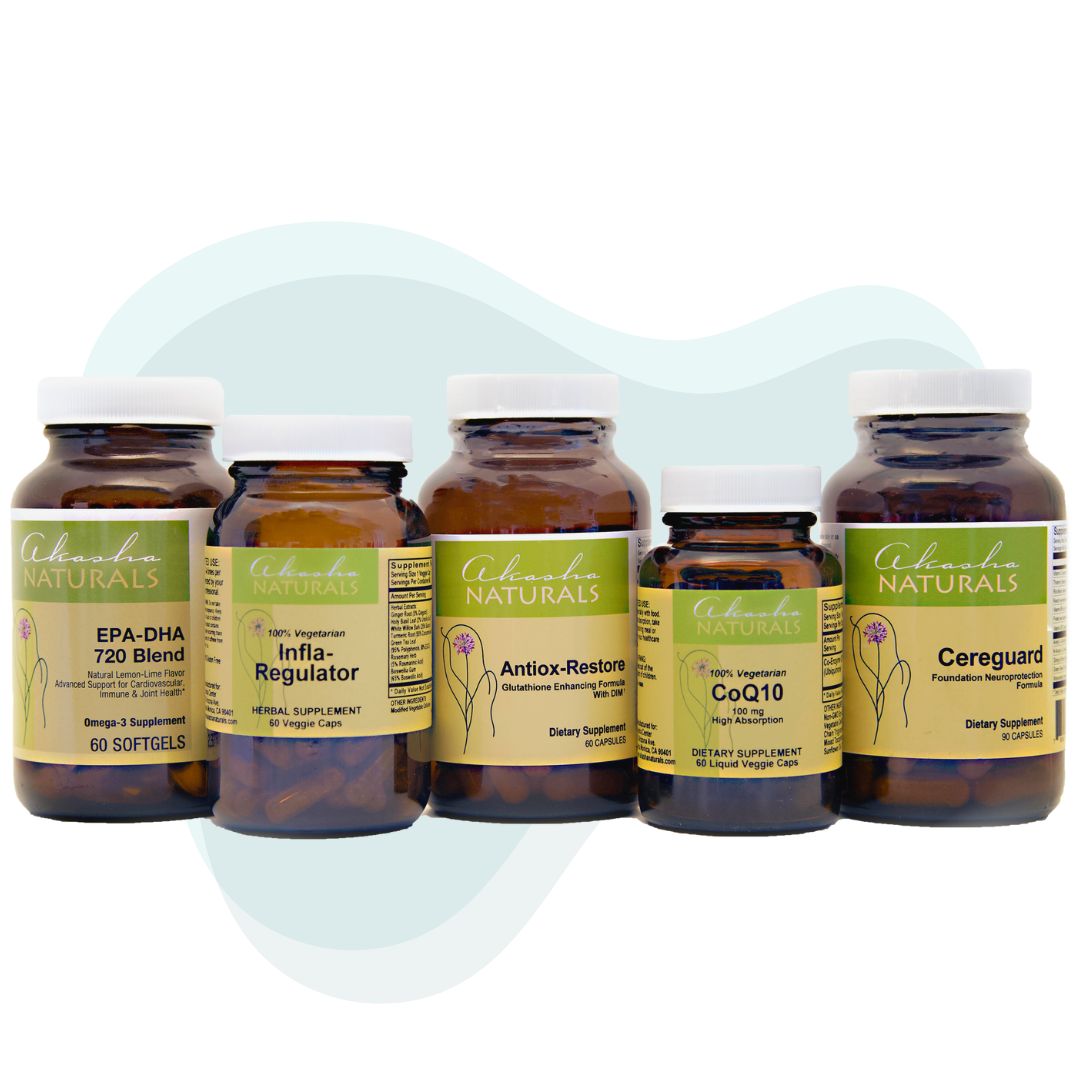Ladies, did you know that there are good bacteria that live in your vagina and help to keep it healthy? Talking about bacteria living in your vagina might make you wary, but you should know that these friendly organisms are necessary for a healthy vagina. There has been a lot of press lately about the far-reaching importance of our gut microbiome and its impact on health. Research has been showing that the DNA of the microbiome plays a role in cell signaling and immune health. The vagina has its own ecosystem, usually dominated by species of Lactobacilli. When our vaginal bacteria become imbalanced, we can experience itching, burning, discharge, odor, and inescapable discomfort.
The healthy bacteria in the vagina have a job protecting the sensitive mucosal skin from invading organisms. The vagina is a dark, moist region, which is alluring and a perfect petri dish for many organisms. A healthy vaginal microbiome can prevent yeast infections, bacterial vaginosis, and communicable infections by out-competing these unfriendly organisms for precious real estate on the prime vaginal market. Another way the Lactobacilli help keep the vagina healthy is by producing lactic acid, which keeps the vagina at a healthy pH in the 3.5-4.5 range. When the pH of the vagina becomes too basic, then invading organisms are able to thrive.
There are some easy ways that you can support the health of your vaginal microbiome.
- Do not use soap when you clean your vagina. Only use water inside your labia. Soap should only go on the vulva where you grow pubic hair. Do not use antimicrobial soap which sabotages our skin microbiome.
- Do not use products with “fragrance” on your vagina. “Fragrance” is another word for chemical. You do not want artificial chemicals on the sensitive mucosa of the vagina.
- If you have to take antibiotics, then also take a probiotic to help repopulate the microbiome that gets wiped out by the antibiotic.
- Do not use vaginal lubricants with ingredients that are artificial or chemical, including petroleum jelly. Try organic coconut oil for a safe alternative which has the extra benefit of having antifungal properties.
- Do not stay in wet bathing suits or sweaty work out clothing. Change to dry clothes so that the vagina has a dry surface in contact with it.
- Do not use a vaginal douche. Vaginas are self-cleaning organs, and do not require douches.
- Stay hydrated. Drink 8 glasses of water a day.
Persistent vaginal itching or discharge is a sign of possible microbiome imbalance caused by things like bacterial vaginosis, yeast infections, or hormone imbalance. If you are symptomatic, see your doctor right away to get a remedy, which may include vaginal acidophilus cream to provide the good bacteria. The longer your vaginal microbiome is out of balance, the longer it can take to repopulate it with the healthy bacteria.
–
Dr. Bren Boston sees patients at the Akasha Center for Integrative Medicine at 520 Arizona Avenue, Santa Monica, CA 90401. You can schedule an appointment by calling us at 310-451-8880 or emailing us at info@akashacenter.com.







